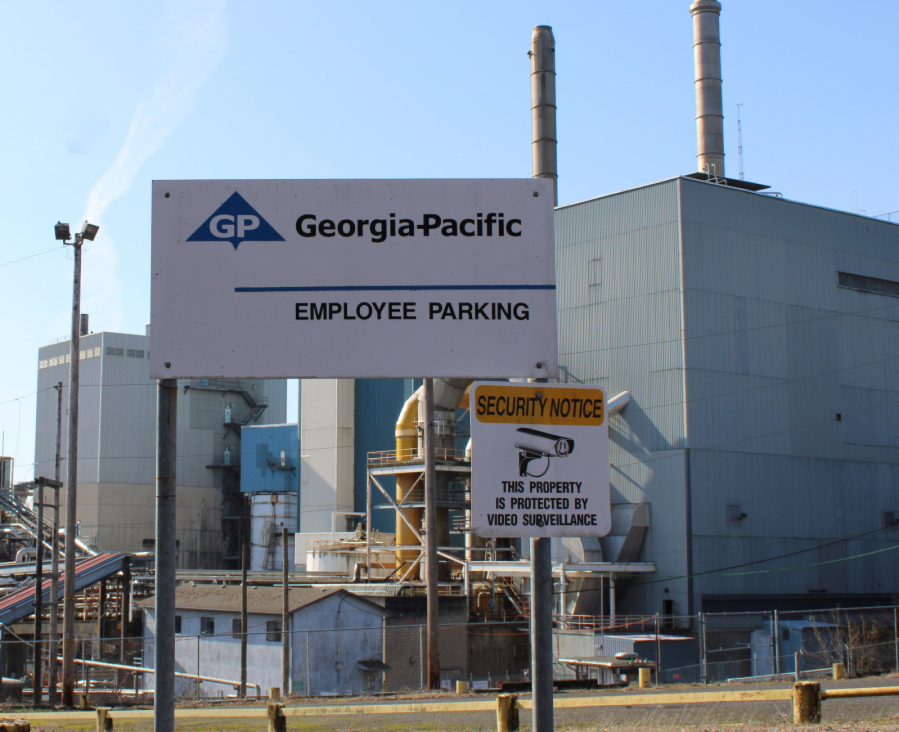A Washington State Department of Labor and Industries (L&I) investigation shows the March 8 workplace death of 32-year-old Camas paper mill employee Dakota Cline could have been prevented.
“(Georgia-Pacific) knew what needed to be done to make this equipment safer, but didn’t take action that could have prevented this worker’s death … tragically, our investigation found this fatal incident could have been prevented,” Craig Blackwood, assistant director for L&I’s Division of Occupational Safety and Health stated in a press release announcing L&I’s citation and $648,292 fine against the Camas mill, which is owned by Georgia-Pacific, a subsidiary of Koch Industries.
Cline died inside the paper mill on March 8, after becoming entangled in a unitizer machine that prepares boxes for shipping.
Mill employees told Camas police in March that the machine where Cline was working had been having issues. Mill representatives later said Cline was fully trained on the machine and had operated it for three months prior to his death.
A Georgia-Pacific spokesperson told The Post-Record in March the company had “extensive safety protocols,” including training on specific machines before allowing employees to operate the equipment.





